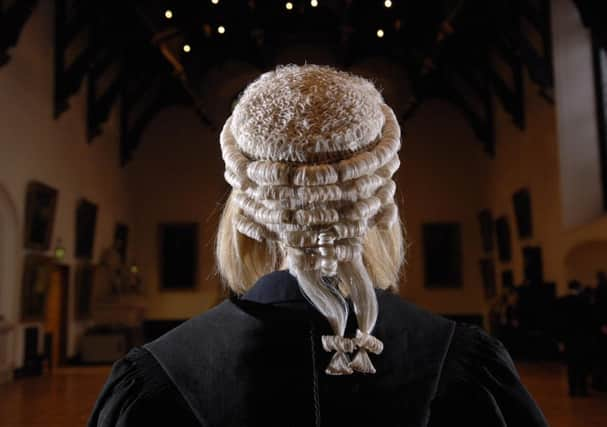Warning on ‘outdated’ Scots inheritance law


There are concerns that as Westminster debates new legislation, Scotland is being left behind by relying on an act that is now 50 years old.
The Scottish Law Commission (SLC) has twice made recommendations for updating the Succession (Scotland) Act 1964, but a draft bill in 2005 never made it to statute.
Advertisement
Hide AdAdvertisement
Hide AdIt is understood the Scottish Government did look at cherry-picking SLC proposals, particularly on strengthening rights for unmarried couples.
However, in consultation with lawyers, ministers were told the proposals must be taken as a whole.
Current laws on people who die intestate – without a written will – favour children over a wife or husband.
John Kerrigan, of the Law Society of Scotland’s trust and succession sub-committee, said: “In some cases the surviving spouse will get the house and a cash payment, but the children will scoop the rest.
“If you speak to most lay people and ask if they know this will happen, most will say they don’t want their 12, 13 or 14-year-old to inherit most of the estate.
“The most common misapprehension is a couple who don’t have wills, who say if one dies the other will inherit.
“That’s not what the law states and never has been.”
An estimated 67 per cent of people who die each year in Scotland have not made a will. That figure only falls to around 53 per cent for the over-50s.
Wealthier couples, with many assets, are the ones most vulnerable to a nasty shock.
Advertisement
Hide AdAdvertisement
Hide AdKerrigan said: “People dying without making a will, who own their house, have a holiday home, a portfolio of shares worth half a million – the surviving spouse may get less than half of that and people just don’t realise.”
Childless couples can also see the assets of the deceased shared between their widow and parents or siblings. Westminster is moving to close that loophole in new legislation, but only for England and Wales.
Andrew Paterson, a senior associate with the Edinburgh-based law firm Murray Beith Murray, believes a similar change to Scots law is some way off. “A draft bill was presented to the Scottish Government almost five years ago, but in response to a January 2010 parliamentary query the minister referred to the complexity of the issues and indicated the need to ‘make haste slowly’. Since then, little if any progress appears to have been made.
“My view is that the government fears the negative press and public scrutiny which any legal changes will attract and that there is little public pressure to proceed.
“Nevertheless, the current law is 50 years old and simply no longer appropriate for modern Scottish society.”
The Westminster bill also aims to simplify the rights of widows and children, to split the entire estate 50-50. But it also fails to strengthen the rights of unmarried couples.
“Contrary to recommendations, the bill contains no provisions regarding unmarried cohabitants,” Paterson said.
The Scottish Government said it will consult on a change to the law. “We envisage taking forward a formal public consultation exercise in the near future,” said a spokeswoman.